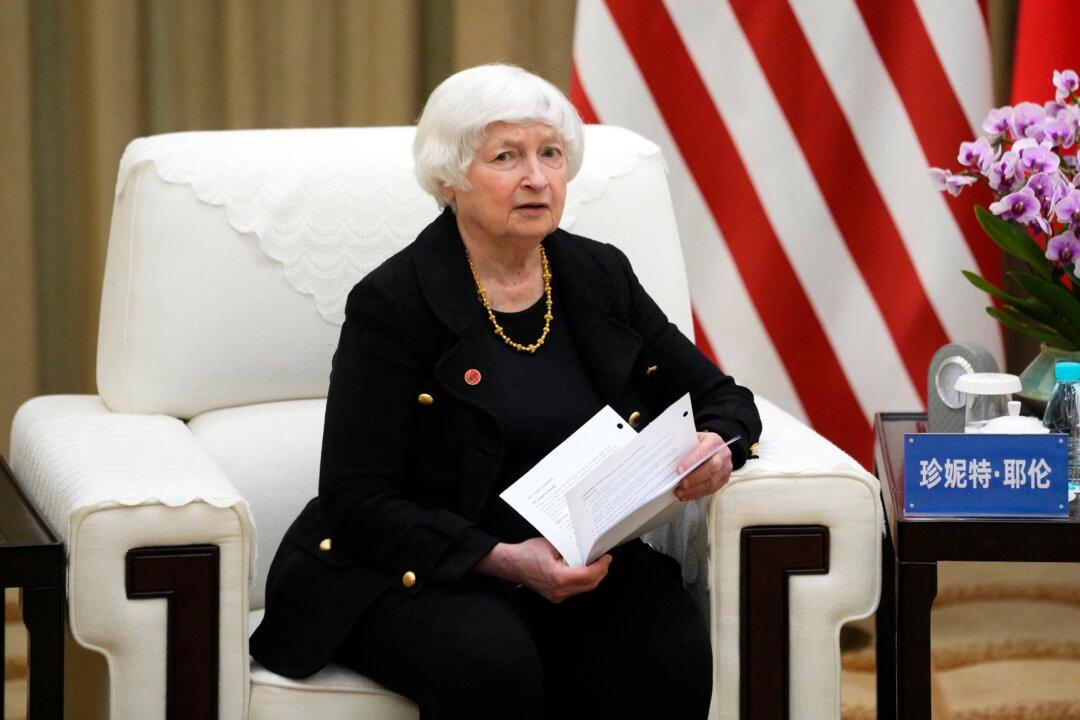Treasury Secretary Janet Yellen said on April 6 that the United States will launch two new initiatives with China and hold more economic dialogues aimed at addressing the increasing overcapacity in the world’s second-largest economy.
She is on her second trip to China as treasury secretary. Following two days of extended dialogues with her Chinese counterpart, Vice Premier He Lifeng, Ms. Yellen announced that the two sides have agreed to establish a new initiative for “intensive exchanges on balanced growth in the domestic and global economies.”




